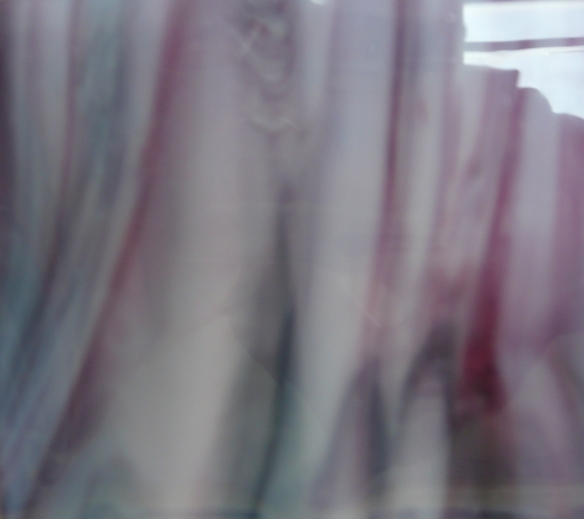 There’s a Chinese proverb that says the symbol for crisis also is the symbol for opportunity. In the midst of the current Middle East violence, I’ve been thinking about how we use language and how that influences how we perceive and act.
There’s a Chinese proverb that says the symbol for crisis also is the symbol for opportunity. In the midst of the current Middle East violence, I’ve been thinking about how we use language and how that influences how we perceive and act.
We’re at the very beginning of the last book of Torah. This week’s reading, D’varim is a Hebrew word that means both words and things. In the beginning the world is spoken into being. This whole universe we inhabit and share with one another begins with speech: energy and intention taking physical form. At each step, creation is given a cosmic seal of approval, And it was good.
Things were simpler without people to get greedy or angry, to start sparring with their kin and other tribes. Though even within the first family story there’s strife and murder: Cain killing Abel, a battle between brothers that continues with Isaac/Ishmael, and Jacob/Esau.
As Torah progresses, the stories become less personal, but peace is always shattered and blood spilled. Those people/they/them are defined as other. As fair game for our tribal rage. As acceptable collateral damage in modern parlance.
What would happen if instead of saying enemy people said neighbor? If instead of The man who killed my brother, we said The man whose son I killed?
I confess to the sadness/fatalism about Middle East politics that Israeli novelist David Grossman bemoaned in a recent speech: a loss of hope, especially ironic given that Israel’s national song is Hatikvah (Hope). For the record, I believe in Israel’s right of self-defense, but also in its responsibility for different, better, socio-politics.
As long as the people of the region identify as warring tribes rather than neighbors caught in a complicated situation, we’re all doomed to cycles of violence and retribution.
It is a sad, sad waste, given what we humans are capable of in our best and most creative times. But like Jacob wrestling an angel who could represent his most crippling aspects of self, we seem to be trapped in an endless struggle of killing and revenge. Time heals some wounds but seems to deepen others. There’s such a long legacy of anger and pain; forgiveness and healing feel far away.
Writers try to wrap their arms around it: In The Jewish Lover, Topol uses a contemporary murder mystery to dramatize the 1,000-year ambivalence between Russians and Jews, from the tenth-century Jewish Khazar kingdom in southern Russian until now. The Lemon Tree, by Sandy Tolan, is about a house built in 1930’s Palestine by an Arab patriarch, taken in 1948 by Israelis, and settled by immigrants from Holocaust Europe. It’s a microcosm of regional conflict that recounts good and evil on both sides, with all the tangled roots and acidic fruit.
I believe in the power of words, be they fiction, essay, or self-talk. My writing focuses on personal growth because it feels like a necessary precursor to larger shifts. Also, because it’s what we can wrap our heads around.
So the only thing I know for sure is that while people are using words of war they are unlikely to create peace. If we can change our words maybe we can change the world.

